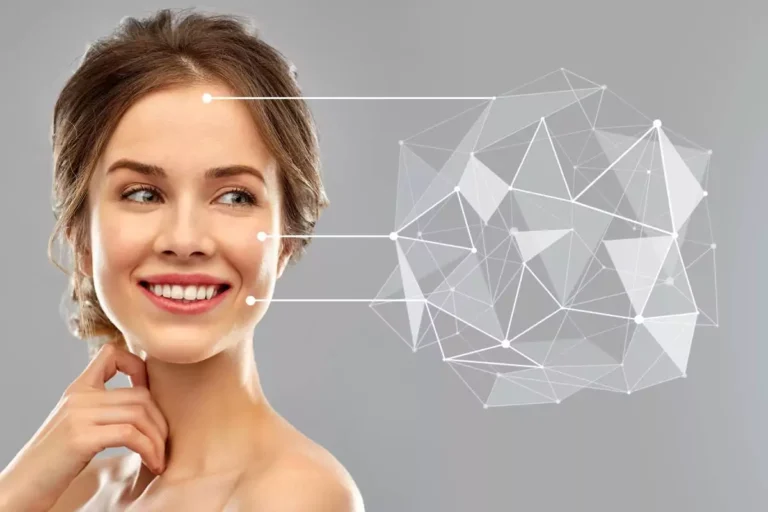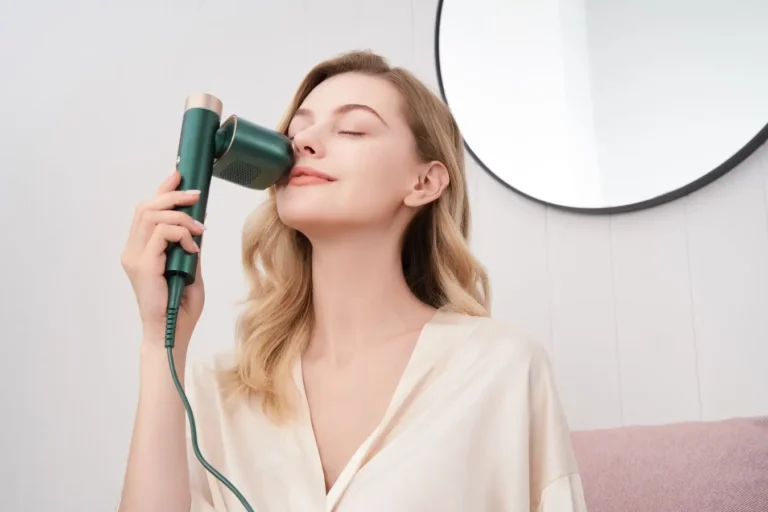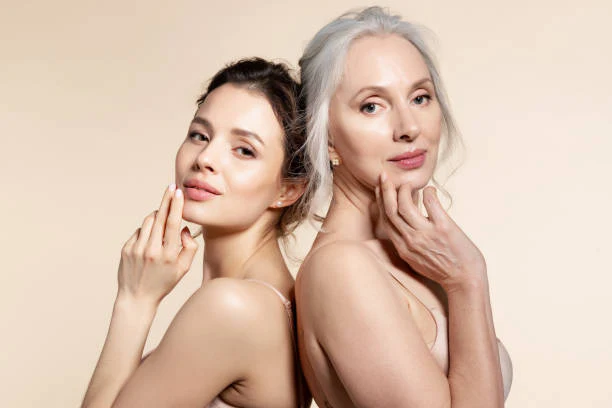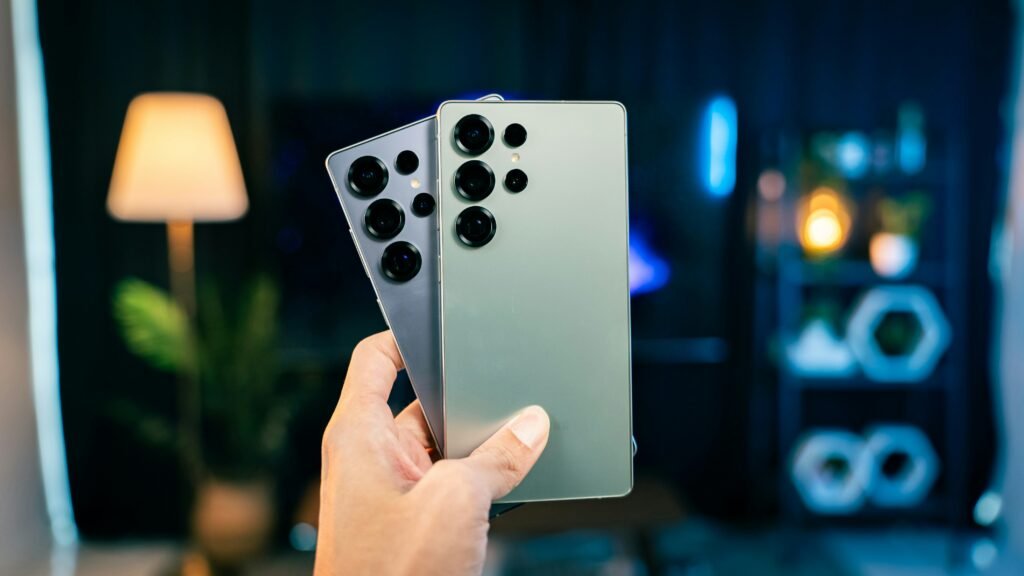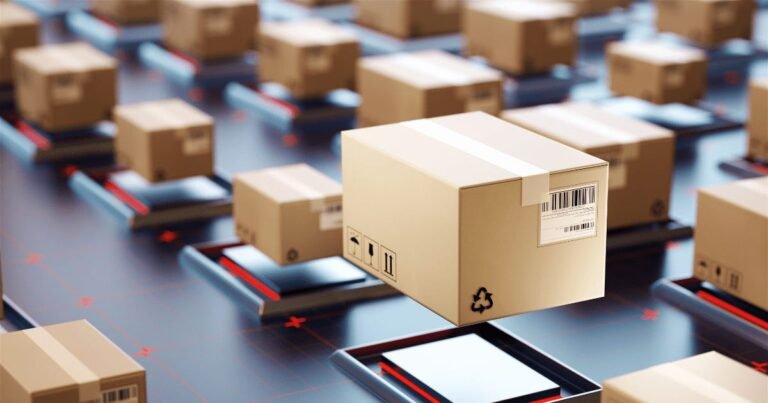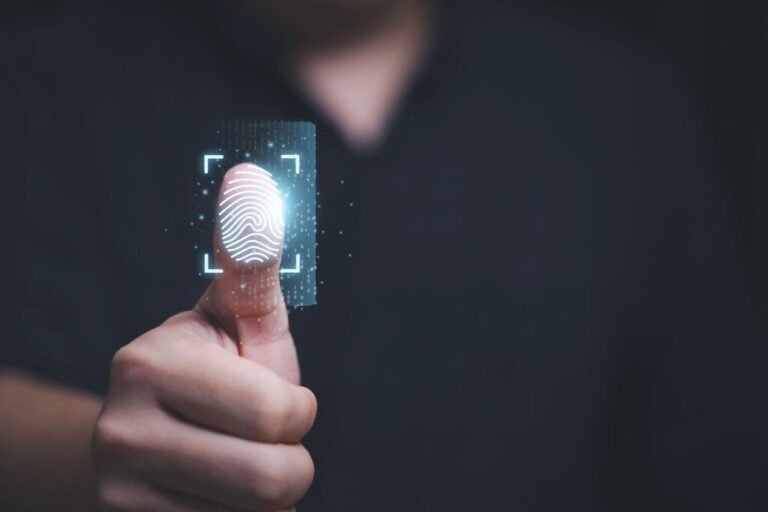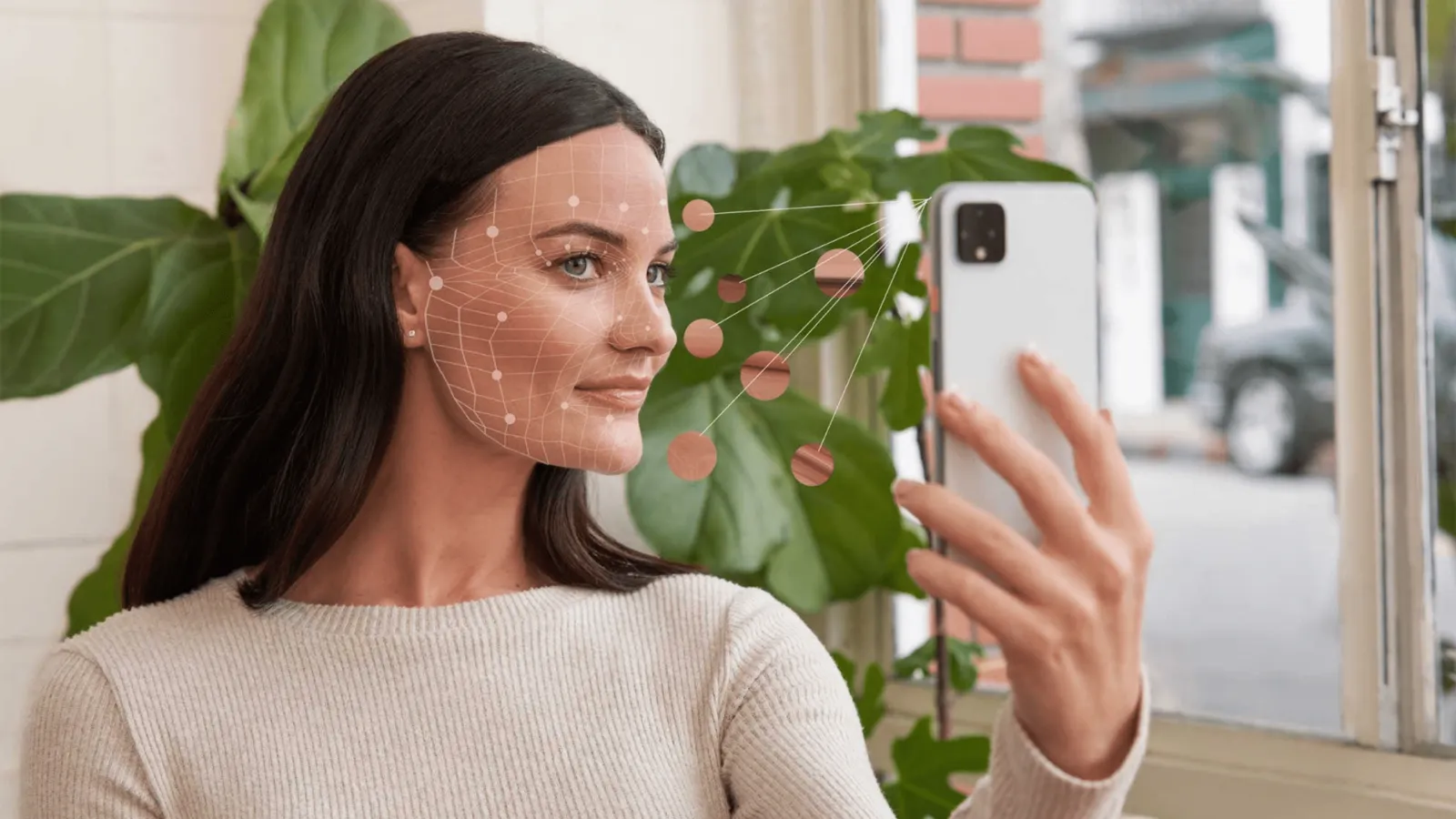
Imagine having a beauty regimen tailored specifically to your individual needs. Skin analysers offer personalised recommendations in seconds, while virtual makeup try-ons allow you to explore various looks without opening one product! Some devices can penetrate to the deepest layers of skin to stimulate fibroblasts and jumpstart collagen production, offering more cost-effective alternatives to regular dermatologist visits or spa appointments. While these tools may be costly, they’re likely more economical than frequent visits to either one.
1. AI-Powered Devices
Beauty tech innovations that prioritise personalisation and sustainability, such as smart mirrors, virtual makeup try-on tools, and intelligent skincare solutions, make it easier for consumers to select products tailored specifically to their needs. Some even take a holistic approach to beauty and wellness with skin analyses, hydration measurements, and other insights available to them.
Additionally, brands are taking advantage of metaverse technology to deliver hyper-personalised beauty experiences. For instance, YSL Beauty’s Scent-Sation uses an EEG headset to measure neural responses to luxury fragrances and recommend personalised perfumes; Nimble Beauty’s “smart at-home nail salon” replaces traditional manicures with an automated robot which analyses your nails to select an ideal hue.
2. Smart Mirrors
Smart mirrors boast many features designed to elevate beauty routines. Many offer optimal lighting and magnification for makeup application and shaving while providing real-time information such as weather updates and calendar events. Some even feature anti-fog technology that prevents condensation while maintaining visibility.
Some models include voice control integrations that make setting adjustments hands-free while getting ready. Others can sync with fitness apps to display health and wellness metrics and offer personalised advice. Beauty and fashion features are another popular choice, giving customers the ability to virtually try on makeup looks or outfits virtually before purchasing the device.
3. Metaverse Technology
The metaverse is a three-dimensional virtual world where individuals can interact through augmented and virtual reality (AR/VR) technology, creating an engaging three-dimensional environment where employees and customers can meet. It offers great potential for business use cases, including employee training and customer engagement enhancement.
The immersive nature of the metaverse provides an ideal setting for socialisation; however, its immersive qualities could also become a tool for cyberbullying and harassment. Furthermore, excessive use could cause neglect of real-world responsibilities and relationships. The metaverse could transform healthcare, allowing both doctors and patients to communicate in an online virtual space. Unfortunately, its technology must first improve before it can be utilised effectively for this industry.
4. Wearable Devices
Smart mirrors that enable virtual makeup and skincare try-ons or electronic skin care tools that recreate professional-quality treatments at home can make the application of products much more interactive, engaging, and effective – like toys for children if used regularly – but these gadgets may eventually lose their allure for consumers as well.
Beauty tech companies are meeting this challenge head-on by using wearable technology with features to encourage consistency, such as automatic timers and reminders to clean or massage, fitness trackers that monitor sleep quality and hydration levels for better and healthier outcomes, eco-friendly ingredients and reusable packaging solutions. These innovations also support sustainable practices by encouraging them.
5. UV Trackers
Beauty technology innovations like virtual makeup try-ons and UV trackers are providing consumers with more tailored and sustainable beauty experiences, but balancing technological progress with responsibility and transparency remains a difficult challenge. Smart mirrors and electronic skin care tools offer salon-grade results at home, enabling consumers to streamline their skincare regimen while strengthening brand loyalty.
Some devices use indicators like hydration levels, stress and biological age to predict skin damage and suggest targeted products. Others utilise LEDs originally developed by NASA that heal skin cells while simultaneously reducing wrinkles; other versions even dispense product according to how much is needed at any one moment in time.
6. Hair Analysis
Innovative beauty tech has made self-care simpler and more effective, from nutrient-rich skincare products to 3D-printed makeup. You can discover many of these tools at Cosmoprof Asia this November, where influential people will showcase the latest innovations and applications.
Hair analysis can provide a valuable way of tracking chemicals that enter our bodies through hair. However, different growth cycles and variables could interfere with results and require careful interpretation – particularly for drug metabolites detectable through hair analysis.
7. Smart Scalp Brushes
At-home beauty devices have quickly become an increasingly popular trend, providing innovative tools that emulate salon treatments at a fraction of the cost. LED light-emitting devices promote skin elasticity, while smart scalp brushes offer anti-ageing and pain relief benefits.
L’Oreal Paris’ Colorsonic allows users to achieve salon-worthy hair colour results at home in an easy, hassle-free process; apps like Think Dirty allow consumers to easily identify products free of toxic ingredients; these types of tech innovations are drawing young, tech-savvy audiences towards beauty products and services.
8. Smart Makeup Brushes
Beauty devices are on an upward trend, driven by consumer demand for advanced skincare and makeup tools. But many advanced devices require expert knowledge and proper technique when used, which could turn off new customers.
Smart brushes are being designed to address this problem by streamlining beauty routines for all skill levels. One such smart brush, blendSMART, provides a professional-quality finish without needing expert blending skills or multiple foundation swatches; additionally, it tracks user skin data for tailored skincare insights. Another CES 2024 Innovation Award winner called Amorepacific Lipcure Beam acts like an on-hand beauty consultant, providing customised lip care and make-up solutions.
9. Smart Makeup Apps
With innovations in beauty tech, self-care has never been simpler. From cleansing brushes that monitor skin health to makeup apps that let users test out new looks without opening products, beauty innovations make personalisation and experimentation more accessible than ever.
Smart products aren’t just revolutionising beauty regimens; they are also helping foster sustainability in the industry. Eco-conscious innovations, like reusable or refillable packaging, reduce waste while simultaneously decreasing ingredients that may harm the environment. Innovative technologies, like face recognition and background removal for AR experiences, enable users to see how virtual cosmetics will appear against their skin before making purchasing decisions. This ensures they make informed purchases.
